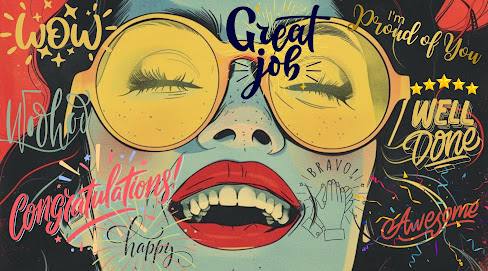Contributed by Margot Conor
Crafting Emotion and Atmosphere in Writing.
Why Mood Matters
Every story carries a current beneath its plot, a subtle emotional tone that guides how the reader experiences events. This is mood: the atmosphere that lingers around a scene, created not by what happens, but by how it is told. A love story may take place in a garden, but whether that garden feels tranquil, eerie, or oppressive depends entirely on mood.
Writers who understand mood can shift a reader’s emotions without ever naming them directly. They conjure sorrow without saying “sad,” and build dread without mentioning fear. Mood is the difference between description that merely informs and description that transports.
The Building Blocks of Mood
1. Descriptive Language and Word Choice
Every word carries emotional weight. Consider the difference between describing a room as dim versus shadow-choked. Both mean there is little light, but the second leans toward menace. Similarly, a breeze suggests gentleness, while a gust can feel intrusive or restless. Precision in word choice is one of the most powerful tools for setting mood.
2. Imagery and Sensory Detail
Mood flourishes when writing appeals to the senses. Sight may be the most obvious, but sounds, textures, and even smells can deepen atmosphere. A creaking floorboard, the sticky grip of humid air, the metallic tang of blood in the mouth… these details can evoke an entire emotional world.
3. Rhythm and Sentence Structure
The cadence of prose influences how readers feel. Long, flowing sentences can lull or soothe, while short, clipped phrases quicken the pace and heighten tension. Consider how a passage in Virginia Woolf can feel meditative, while Hemingway’s terse sentences convey urgency. Rhythm is the invisible pulse of mood.
Techniques for Enhancing Atmosphere
1. Show Through the Environment
Setting often reflects or amplifies the emotional tone. Gothic writers knew this well: crumbling castles, storm clouds, and hollow winds echo inner turmoil. But even in modern realism, surroundings shape mood. Like a sunlit café warms a scene of reunion, while a sterile hospital corridor chills it.
2. Weather as Emotional Mirror
Though sometimes cliché, weather can be used with subtlety to underline atmosphere. A sudden downpour can feel cleansing or ominous, depending on context. Fog blurs not only the landscape but also certainty, mystery, or fear.
3. Symbolism and Motif
Recurring images create consistency of mood. Repetition of water imagery might bring calm or unease depending on how it is framed. Colors are another powerful tool, red can suggest passion or danger, blue serenity or sorrow. Symbolic language layers meaning onto mood.
4. Contrast and Juxtaposition
Mood sharpens when placed against its opposite. A joyous wedding scene may feel even brighter when set after a moment of grief. Laughter can echo uncomfortably in a tense setting, turning joy into something uncanny.
Some examples from literature you might have read:
Edgar Allan Poe mastered gothic atmosphere, weaving dread into every creaking door and flickering shadow. His word choices drip with menace, leaving no doubt of the intended mood.
Toni Morrison layered lyrical, sensory-rich language to create moods of both beauty and brutality, allowing readers to inhabit the emotional truths of her characters.
Kazuo Ishiguro sustains quiet melancholy in novels like “The Remains of the Day,” where understatement and restraint foster a mood of longing and regret.
Ray Bradbury in “Something Wicked This Way Comes” builds mood with sensory lushness. The smell of autumn leaves, the distant calliope… where nostalgia and dread intermingle.
ABOUT THE AUTHOR
Margot Conor has been writing for as long as she can remember, but it wasn't until the COVID lock-down that she had enough time to dedicate to the craft and bring something to completion. Having finished her first novel, she went through the grueling two-year process of editing. Now she has jumped into the author's world with both feet. Margot's debut multiverse adventure novel, Inverse, is available on Amazon.
She's spent the last year attending many writing retreats, seminars, and writers' events. She also listened to presentations specifically on the topic of publishing and book marketing. She will be sharing what she learns with the reader. Learn more about Margot at https://margotconor.com/





















